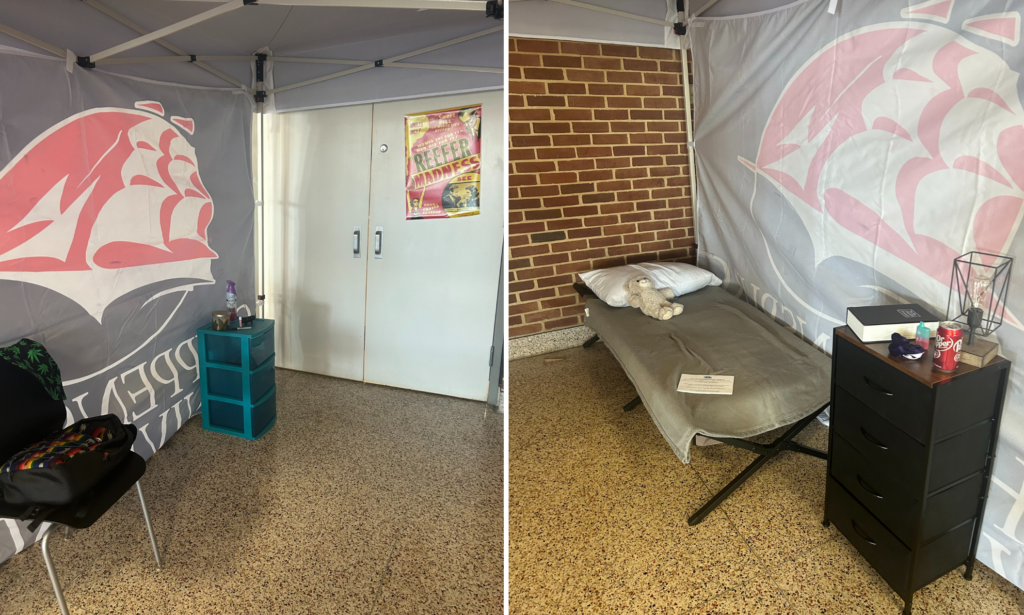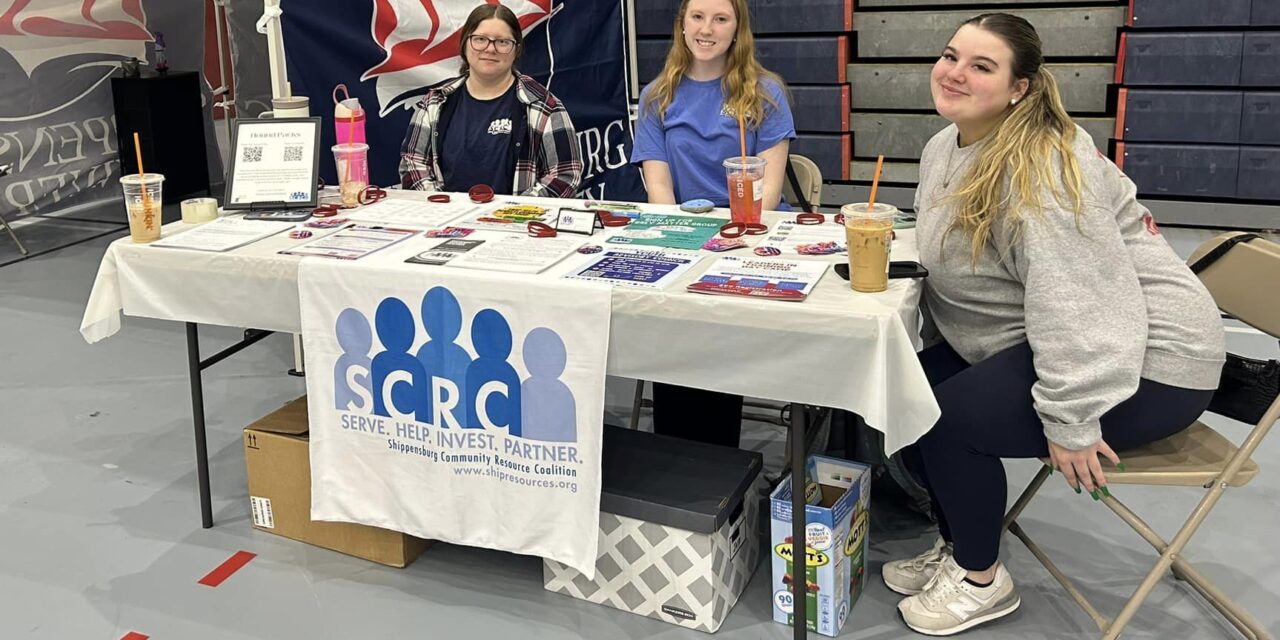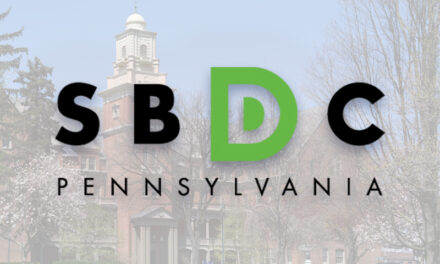The Shippensburg Community Resource Coalition (SCRC) is thrilled to announce that it has entered its third year of renewed funding from the Centers for Disease Control and Prevention (CDC). This grant will allow the SCRC to continue addressing the risk factors of youth substance use while focusing on resilience.
Dr. Liz Fisher, professor of social work and SCRC chairperson, is excited to have this grant continue the SCRC’s initiatives. “This grant allows us to address risk factors related to youth substance use while focusing on resilience. It’s really about reducing substance use in the long term and improving the community’s overall health.”
The federal grant is designed to tackle and prevent substance misuse at multiple levels, focusing not only on the youth but also on adults. According to Fisher, “If you’re addressing substance use among adults, you’re also helping kids. This grant helps us take a holistic approach.”
The SCRC holds monthly coalition meetings, directly funded by the grant. These meetings bring together stakeholders from various sectors, all of which are committed to coming to a consensus on how to combat youth substance use and beyond.
In addition to the coalition meetings, the SCRC runs several programs targeted at both prevention and education. These include social media campaigns centered around substance use awareness supported by the federal Drug-Free Communities program. The SCRC also shares data from the Pennsylvania Youth Survey, a biannual report that provides insights into youth behavior in school districts, including Shippensburg. Results are presented to the community which helps families understand the risks and resilience factors that impact the youth.
One project supported by the grant is the mock bedroom exhibit, which educates parents about the warning signs of substance use in a simulated teenage bedroom. The SCRC also runs mental health programs like “Gray Matter” groups for middle and high school students, this group helps address depression by providing lessons on how their thoughts impact emotions and behavior.

Mock bedroom exhibit, showcasing the hidden warning signs of substance abuse among teenagers.
In addition, the coalition hosts community events such as the annual Be Kind Campaign and summer youth programs like Leaders in Training to reduce the risk factors of substance abuse.
Two other programs that the SCRC runs include the Hounds Pack program which tackles food insecurity, and the Youth Advisory Committee (YAC), where middle school and high school students plan activities and provide feedback on the SCRC’s initiatives.
Jamie Burkett, the SCRC coordinator, plays a crucial role in the management of the grant, from writing proposals to overseeing its implementation. Fisher credited Burkett for much of the success that goes on behind the scenes. “Jamie really drives the operation of the grant. She does most of the heavy lifting when it comes to making sure everything moves forward smoothly.”
The SCRC is committed to serving the local community, and the renewed federal funding will allow the coalition to continue its mission to improve access to social services and youth programs. “This grant allows us to keep doing what we’ve been doing,” said Fisher. “It’s not just about reducing substance use. It’s about building a healthier and more resilient community.”




